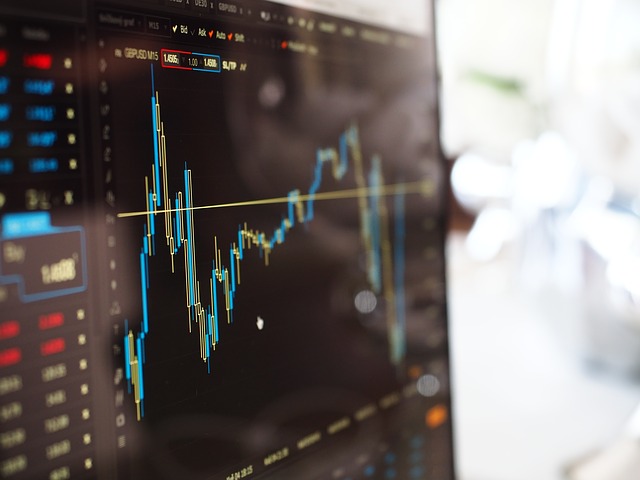Inflation is seen as the stock market’s boogeyman as the economy recovers. We asked 3 experts if the fears are warranted – or if concerns are overblown.
By Will Daniel
On April 29, new data showed that a key measure of inflation monitored by the Fed – core PCE (personal consumption expenditures) – rose to 3.5% from 1.7% in the first quarter, marking its second-fastest pace of growth since 2011.
Then, on May 12, the Bureau of Labor Statistics released new Consumer Price Index (CPI) data that revealed a 4.2% rise in the all price index before seasonal adjustment.
. . .
Dr. Wayne Winegarden, senior fellow in business and economics at the Pacific Research Institute[:]
“There is a growing risk of prolonged inflationary pressures. The Federal Reserve has an untested way of managing the money supply, and I am not confident that they will be able to control the inflationary pressures that they have created with all of their recent actions.
“Add to this problem the intentions expressed by the Fed policymakers that they will not be acting anytime soon, and it is a recipe for strong inflationary pressures and rising interest rates later on in 2021 and into 2022.”
Dr. Wayne Winegarden said that he fears the Fed is “behind the curve” when it comes to addressing inflation.
Winegarden noted that the Fed’s new monetary policies, including so-called quantitative easing (QE), have never been tested. He also questioned whether Fed Chair Jerome Powell may be overconfident or even “arrogant” in his view that inflation can easily be controlled.
This echoes comments made by El-Erian, who said the Fed needed to have more “humility” in its approach to these issues.
Winegarden added that he believes the Fed should be considering ending quantitative easing policies, but instead, they have said they are only thinking about beginning to discuss that move.
The senior fellow at the Pacific Research Institute also noted that the Fed continues to look backwards at economic data instead of anticipating changes and listening to experts who are seeing inflation on the ground level.
“That’s what concerns me the most. You are seeing it (inflation) in the CPI, you’re seeing it in lumber and other commodity prices, you’re seeing it in home prices, so anywhere you look, you see the problem,” Winegarden said.
“We’ve had a quadrupling of the Fed balance sheet, the ability to control inflation in that type of environment is, I think, incredibly difficult, and that’s what keeps me up at night,” he added.
Winegarden concluded by saying that there could be a run-up of inflation during the second half of the year that forces the Fed’s hand to taper asset purchases and increase interest rates.
. . .

